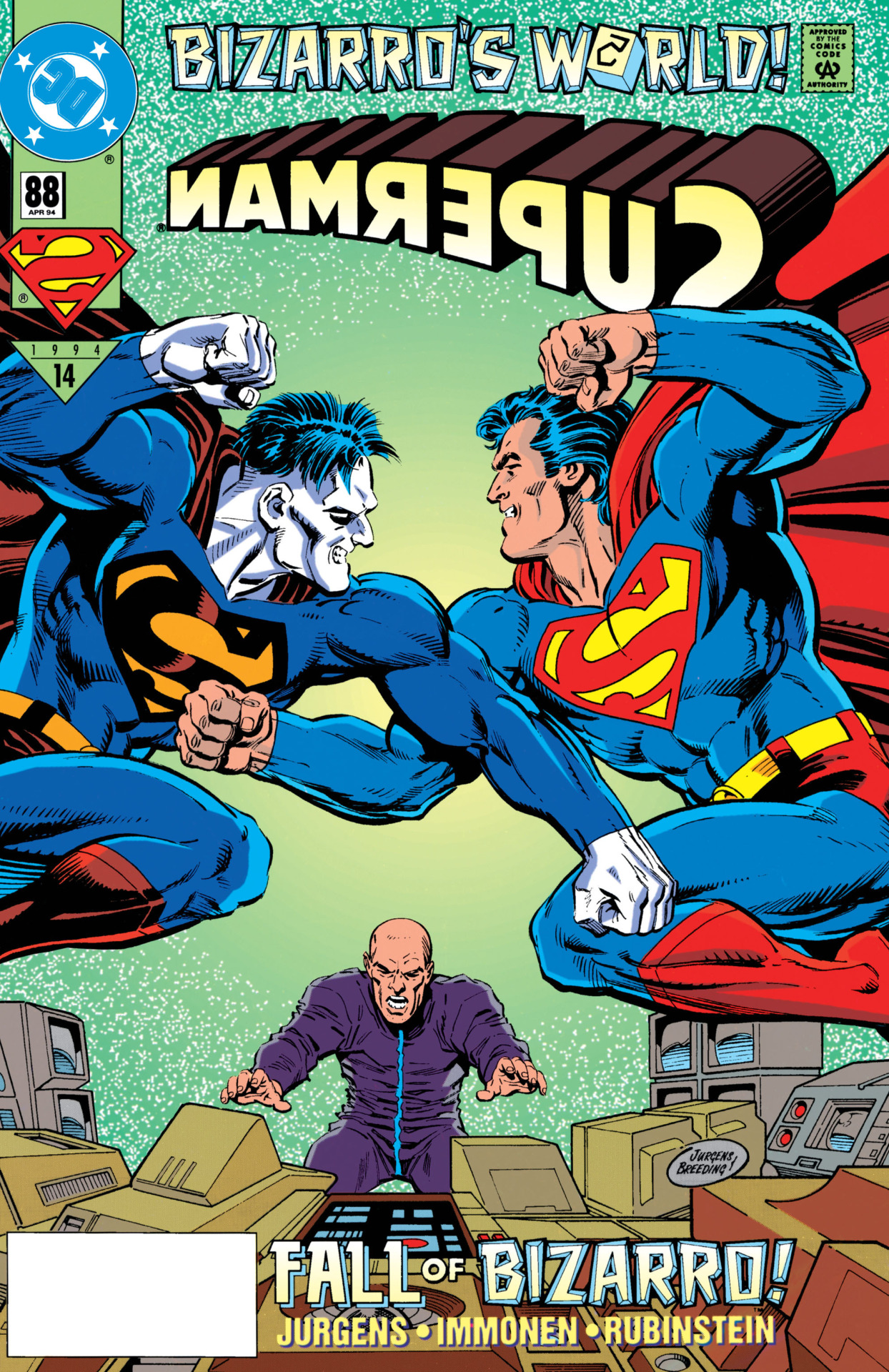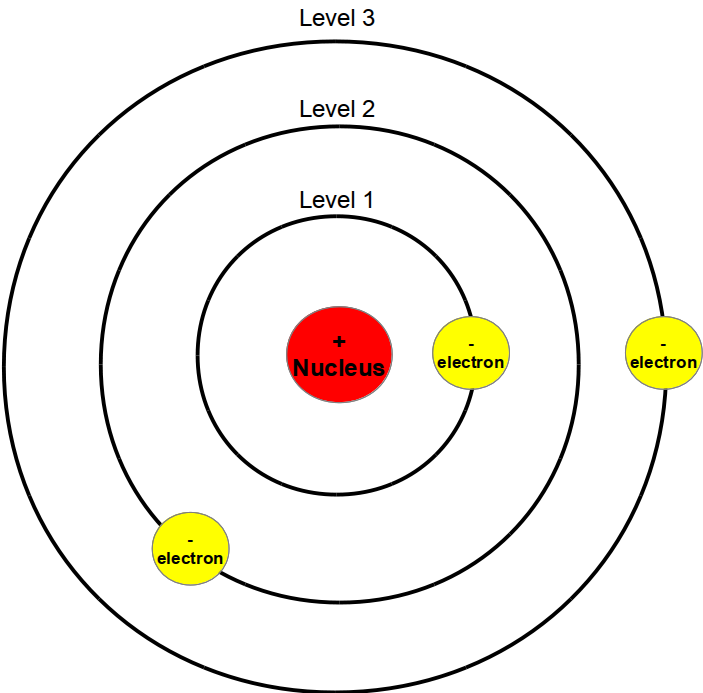|
home | what's new | other sites | contact | about |
||
|
Word Gems exploring self-realization, sacred personhood, and full humanity
Soulmate, Myself:
In the “lake of fire” article we discussed that this, and many other images in Revelation, are not to be taken literally but are symbols of the human condition. We saw that the “Beast and False Prophet” are metaphors of the systemic brute force and deception which plague our world. pondering the question of good and evil in the universe With special emphasis, the philosopher-writer of Revelation, pondering the problem of universal evil, wants us to know that the Beast and False Prophet are “thrown alive into the lake of fire.” In other words, when they go down, they are active to the end, unrepentant and unbowed in their evil. But why should this be so? Is it not also true that people can change? – rare as it might be on planet Earth; however – do we not have the capacity to right ourselves and grow spiritually? Before I attempt an explanation here, allow me to introduce a parallel but contrary thought. In the old Superman comics, there existed an alternate world wherein everyone did everything backwards. They called it the “bizarro world.”
The “Beast and False Prophet”, unrepentant and unbowed to the end, we might say, are “bizarro world” counterparts to another dynamic which pledges unchanging and eternal devotion.
Dido sings of a defiant and immovable love. Like being "thrown alive into the lake of fire," she will “go down with this ship.” No “white flag” for her, no “putting her hands up in surrender.” She absolutely will not change.
She vows to be unrepentant and unbowed in her love, to the end. However, do not these two examples, of great evil and great love – obdurate and unashamed, come what may -- do they not jarringly impinge upon our spirits? The adamant stance causes us to pause and to marvel. But, again, is it not possible to change? Cannot the evil person decide to do better -- we recall the story of Dr. J in the concentration camp -- and is there not a danger for the good person to backslide and drift into darkness? Bohr's model of the atom As I thought about these questions, an analogy came to mind: Niels Bohr’s model of the atom and electron shells. See his theory on this page. Much of what Bohr put forward in 1913 was correct, but not all; even so, his model of the atom helps us concerning our investigation.
"The Bohr model shows that the electrons in atoms are in orbits of differing energy around the nucleus (think of planets orbiting around the sun). Bohr used the term energy levels (or shells) to describe these orbits of differing energy."
The electron orbital levels or energy shells, for our purposes, could be compared to the different levels of consciousness, each one providing different levels of spiritual energy. See the “levels of consciousness” writing. The various levels surrounding an atom are permanent – eternal, if you will – but, an electron can move up or down in these levels. So, too, the levels of consciousness are always there; we might say, they’re permanent as they’re always available, always an option for us. Each person might potentially rest in or mentally inhabit any of the levels of consciousness – from the basement level of “shamelessness” all the way up to near-godhood of “unity and oneness.” We have the ability to ratchet ourselves up, or down, this scale of awareness and being.
Kairissi. I really like this analogy using Bohr’s model of the atom. I thought I knew something about love and consciousness, but it’s suddenly a whole new vista. Elenchus. I’ll tell you what stands out for me. Both the “Beast and False Prophet” and Dido with her “White Flag” are very staunch and unyielding. They pledge not to be moved from mental position, though they die in the process. K. In the “levels of consciousness writing” we said that, no matter which level one occupies – and there are nearly 20 of them – one is very sure of oneself and cannot imagine being wrong and changing one’s viewpoint. But, Elenchus, I’d like you to give me your best understanding as to why this is the case. E. Well, I think it’s like this. We know that the ego is led by fears of “I don’t have enough” because “I am not enough.” And if this is one’s foundational thought, then it will see the universe as a forbidding place, with lack and threats everywhere. one's vision locks one into a level of consciousness; it's what you see and know K. And so, while people theoretically could change, the underlying terror of “not enough” and “I’ll never be happy” locks them into a certain level. They’re too petrified to consider changing. As Dido sang, “where's the sense in that?” E. What people “see” with their spiritual vision, or lack thereof, does lock them in. It's all they know. And it locks Dido in, too – but, in her case, she’s seen the “promised land” of what love can offer, knows she can’t get this from just any pretty face, and so she’s not going anywhere. K. (sighing) It makes me wonder – what will eventually dislodge the billions gripped by the inner terrors motivating the “Beast and False Prophet”? How can they begin to “see” another way of looking at life when they’re so burdened, so insane, by “not enough”? E. This is very difficult; and in the normal unfolding of life circumstance, this might never happen. However, though it might take a thousand years of suffering in the Dark Realms, eventually a glimmer of insight pierces the fog of the terrors of “not enough,” and they begin to glimpse a better way. I believe that this “flash insight” is a gift from God, who “goes after the lost lamb” and finally rescues the wayward. Even so, God never forces anyone into good things, and so there must be at least a grain of willingness for the process to begin. K. And the increasing suffering in the Dark Realms would eventually provide that atom of willingness. E. And let me ask this of you, Kriss – can an advanced person fall away from knowing and being in love? K. I think, from what we’ve learned here, it’s always a theoretical possibility. We never surrender our ability to choose our own frame of mind. But, in a practical sense, no, this doesn’t happen. And the reason it doesn’t happen is because the mature, enlightened person knows too much of the good things of God’s mind, “sees” too much, and why would anyone ever reject this kind of happiness? It doesn't happen.
|
||
|
|




